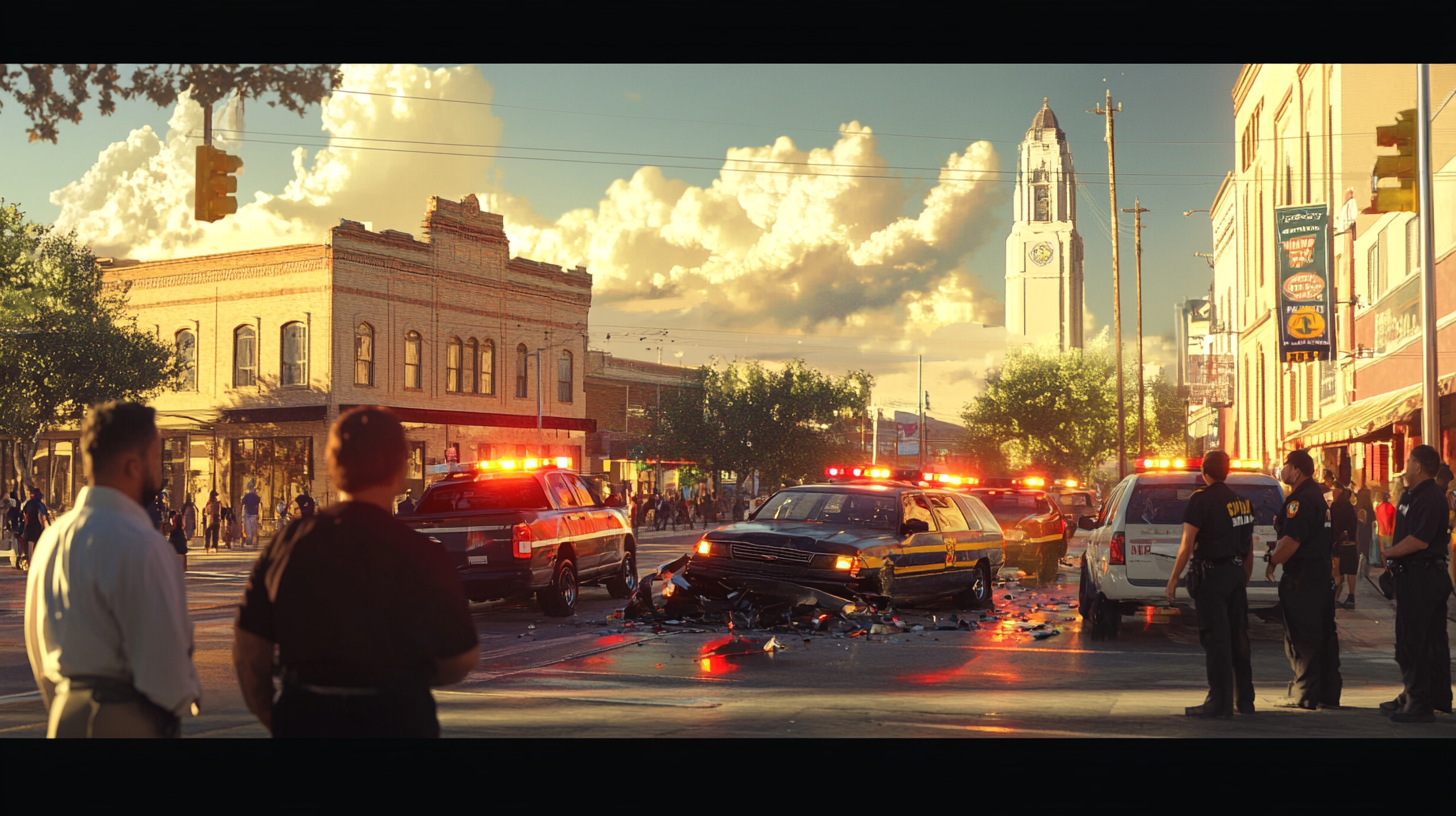Bishop of Diocese of Brownsville Joins Call for Immigration Reform Amid Regional Developments
As the Rio Grande Valley grapples with ongoing challenges and developments, a significant call for change has emerged from within its spiritual leadership. Bishop Daniel Flores of the Diocese of Brownsville has joined fellow Catholic leaders in a collective plea for comprehensive immigration reform. This call aligns with recent statements by the Pope and highlights a pressing issue of relevance to many South Texas residents.
A United Front from Tex-Mex Bishops
The call for reform was announced during a bi-annual meeting of Tex-Mex bishops, with Bishop Daniel Flores voicing concerns shared by many along the border. “For decades we have expressed our concern that the United States has a broken immigration system that does not reflect our current realities,” the bishops stated. Their plea emphasizes the need for policies that are more humane and reflective of contemporary socio-political dynamics.
This unified stance from the Church has been seen as a response to the ongoing struggles faced by migrants and border communities, hoping to urge political leaders to enact meaningful reforms.
Local Impact: A Community in Flux
The call comes at a time of considerable tumult within the Rio Grande Valley community. Incidents such as the intoxication assault charge against 22-year-old Ivan Peña in Pharr after a serious accident in Edinburg, and a separate murder charge involving a 21-year-old man shooting his brother, underscore a backdrop of personal and societal challenges.
Local leaders and residents are all too aware of the interconnectedness of immigration policies and community well-being. Juan Garcia, a local community organizer, speaks to the broader implications: “Our community’s fabric is woven with diverse narratives and experiences. Reforming immigration would not only help those directly affected but would foster a more stable and supportive environment for all Valley residents.”
Echoes of Past and Present Struggles
Immigration has long been a critical issue in the Valley, with historical ties deeply embedded in the region’s identity. Earlier calls for reform and the ongoing narrative of migration are ever-present reflections of a community that has often been at the frontline of national debates.
Bishop Flores’ statement also echoes the Pope’s recent remarks on the global need for compassionate and just immigration systems, reinforcing a message of moral responsibility. This alignment with the Vatican’s stance adds weight to the bishops’ collective call for U.S. legislative changes.
Potential Implications and Future Prospects
While the Church’s position is clear, the path to policy change is fraught with complexity. Legislators face the challenge of balancing security, economic demand, and humanitarian obligations. Yet, many see potential in bridging ideological divides to achieve pragmatic solutions that benefit both migrants and current citizens.
Community members hope that such high-profile endorsements will lend momentum to policy conversations, potentially leading to changes that address systemic issues and improve local conditions. It remains to be seen how government officials will respond amid a backdrop of other pressing regional issues.
Community Voices and Resources
The Diocese of Brownsville’s involvement may catalyze broader community engagement on the topic. Valley residents are encouraged to participate in discussions and share their stories to highlight the multi-faceted nature of immigration and its regional impact.
For those seeking guidance or wishing to contribute to advocacy efforts, resources are available through local diocesan offices and community-based organizations dedicated to immigrant support.
Contact information: Residents interested in more information or in joining advocacy efforts are encouraged to reach out to the Diocese of Brownsville or local community organizations engaged in immigration issues.
In Conclusion
Bishop Flores’s involvement in the call for immigration reform represents not just a spiritual mandate but a profound acknowledgment of the socio-political realities affecting the Rio Grande Valley. As local news continues to highlight diverse Valley interests—from space exploration challenges by SpaceX to sports victories and cultural events—the thread of immigration reform remains a vital and constant factor in shaping the community’s future.
As Valley residents look to the future, the hope is that dialogues and decisions will honor their resilience and aspirations, fostering a landscape that truly reflects the richness and complexity of South Texas life.







